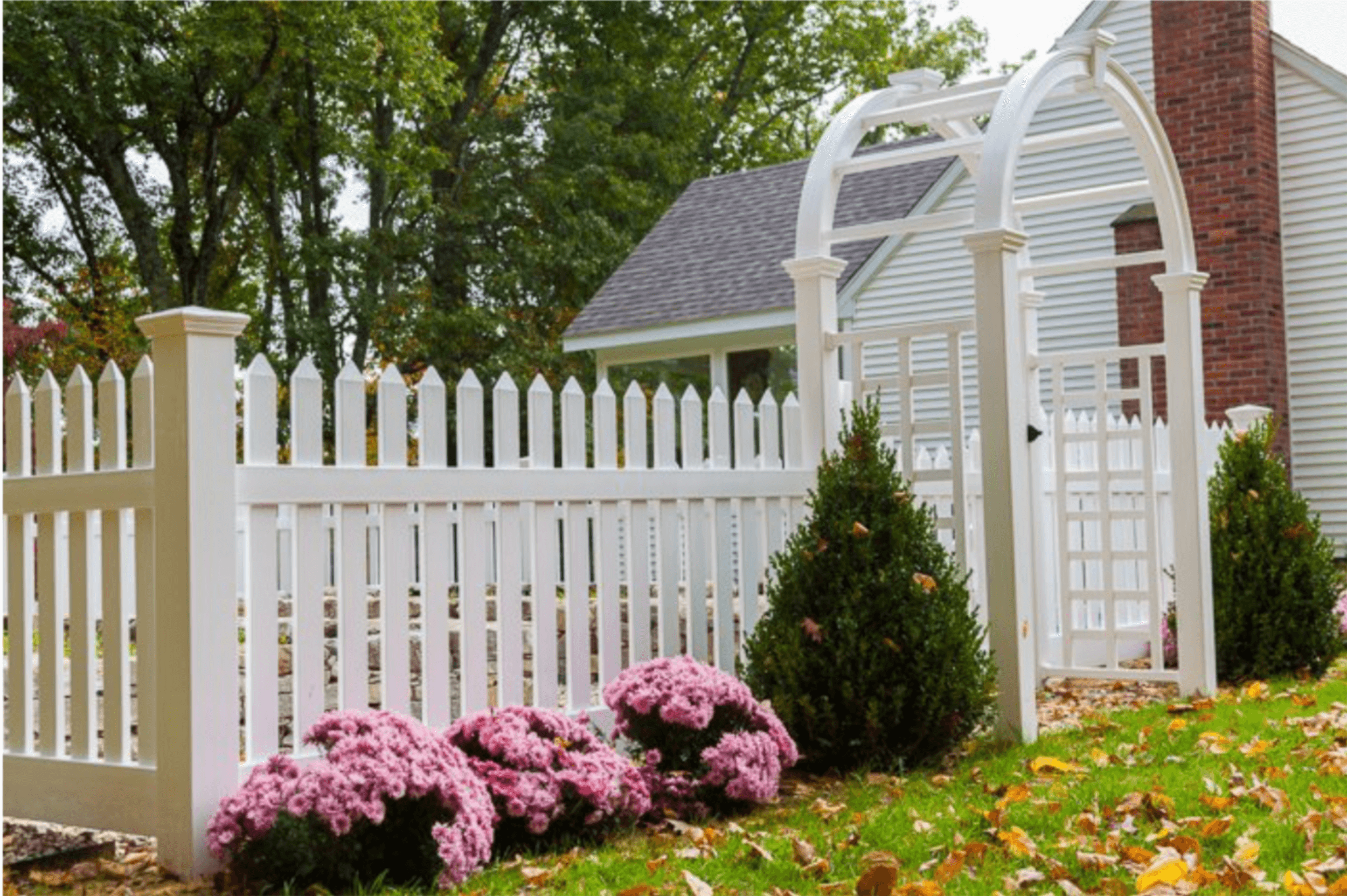When choosing a fence company, it’s important to know what to look for in order to best protect your investment and your property. Finding the right fence contractor to build and install your fence will help prevent costly complications and serious mistakes.
Ask these seven basic questions when you do your research on the right fencing company for your property.

1. Are they a fence company that specializes in fencing, or are they a “me too” company because they say they can do that too?
For a high quality product, you want to hire a fence company with craftsmen who are trained to construct custom fencing as their primary focus. Hiring a company who claims to do fencing in addition to a myriad other occupations will give you the marginal results that you can expect from a less specialized organization.
2. Are they licensed and insured?
It’s good to know whether or not any potential mishaps will be covered, leaving you free and clear of all liability. Your fence company should have insurance to cover all work-related damages as well as workman’s compensation insurance for job-related injuries or health risks.Check for the license status online with your state’s professional license board or department. The licensing authority will provide the license status and history by the business’ or individual’s name. You can also request a copy of their liability insurance.
3. Do they have the infrastructure and organizational support to meet your project’s need?
Many fence “companies” are merely a few men and a pick-up truck. You should consider the purchase of a new fence as an investment, and you are going to want to protect that investment by choosing to go with a company that has the infrastructure and support to be there for you before, during, and long after your fence is installed. This includes having the right equipment and manpower to get the job done on time, as well as the administrative support who is there to answer any questions that may arise. A fence installation might not always go exactly according to plan, but a properly equipped company can adapt to the various challenges that may arise.
4. Do they have their own woodworkers and resources to see your project through to completion and make any necessary adjustments?
Or do they outsource the labor and purchasing of materials? Any time that labor and materials are outsourced, the job generally takes much longer and costs much more. Finding a company who is autonomous will give you the added benefits of flexibilityand punctuality.
5. Who’s doing the building?
Do they employ their own qualified staff or do they hire non-qualified help. Inviting a stranger on to your property can be a bit nerve wracking. Knowing whether or not that person is a reliable, vetted craftsman can help to alleviate any concerns. All labor should be done by employees who are well-trained in fencing installation, tools, and equipment safety. Experienced fence installers can make suggestions that the property owner may not come to on their own to make the project turn out better than anticipated.
6. Do they provide a quality product?Ask for recent references and follow up on them.
If possible, visit one of their completed fencing projects. Contact your local Better Business Bureau to see if there is a complaint history.You’ll want to avoid fence companies with complaints that include poor craftsmanship, inadequate communication, delayed completion, use of sub-contractors for work, and unsatisfactory product durability and longevity. Address these concerns before choosing a company to work with.Is there a guarantee for their work? Does the guarantee include both labor and parts?
7. Ask your fence company for written guarantees, including any warranties they offer.
Material warranties are generally provided by the manufacturer. The better the material, the more secure the warranty they will offer.Fence installation guarantees can vary, but a quality craftsman will give you a guarantee against any defects in the installation of your fences for up to three years. A company that guarantees its workmanship will reflect this in the value and integrity of its product.
8. Is the product USA made? If not, then the cheaper quality of raw materials could lead to less quality control.
The lower the quality control, the more potential problems you will have with your fence as time passes.Your Vinyl Fence: Lesser quality vinyl will initially look the same but won’t age the same. After exposure to weather and sun, the vinyl will grow transparent-looking and begin to exhibit structural deficiency through visible sagging.
9. Your Cedar Fence
Knowing where the cedar is from, what kinds of nails are used, and the style of construction will determine the overall quality. Not all cedar is the same, and a lower grade will not only be less attractive, but will have less durability, longevity, and strength.The type of nails or screws used are often overlooked in cedar fencing. Professional fence companies use only nails and screws that don’t corrode over time and leave streak marks, and they won’t come loose and permit the cedar pickets to shift, warp, or fall off.
Look for upcoming posts on choosing cedar and vinyl for your fencing project from Cox Fence.